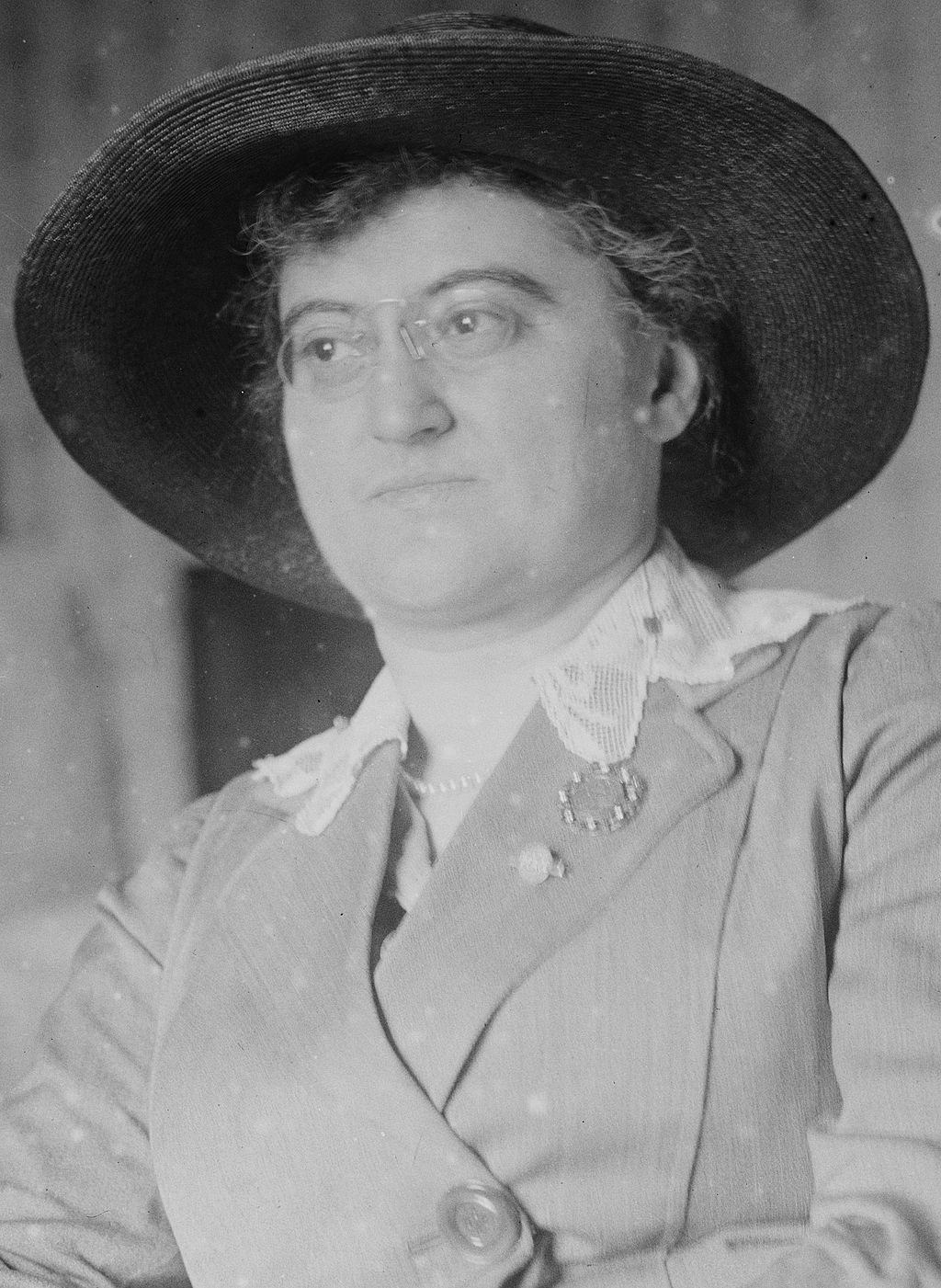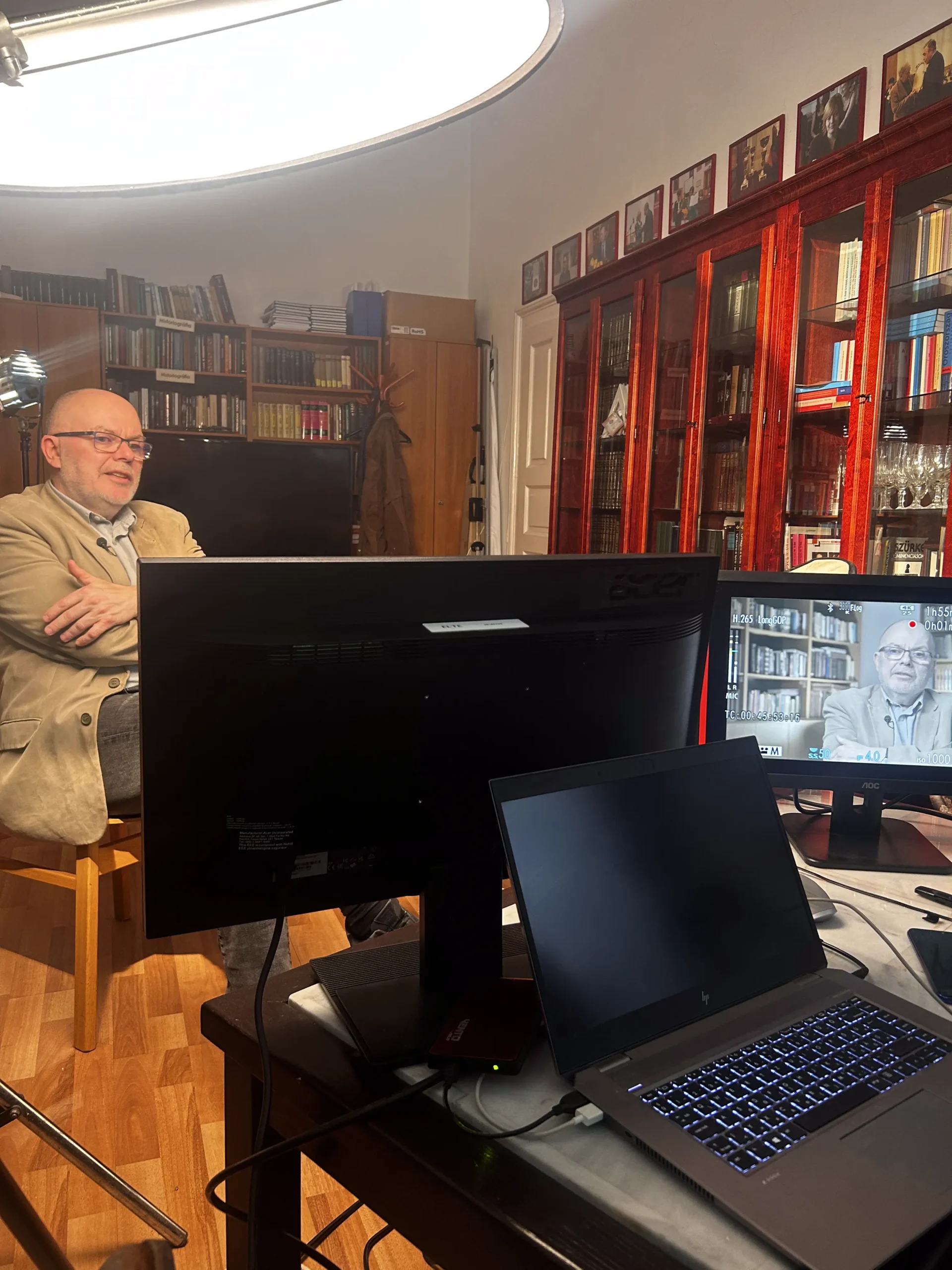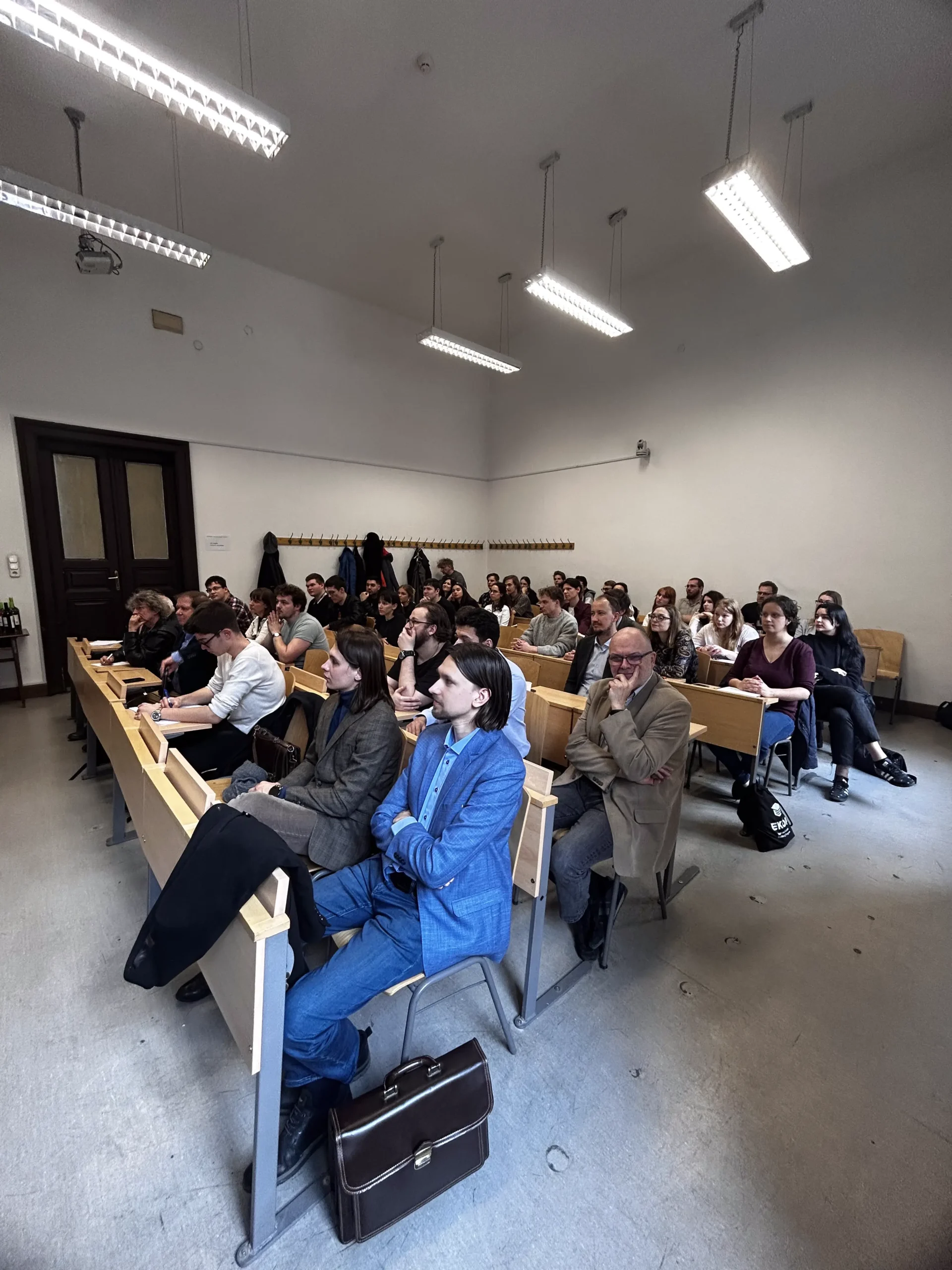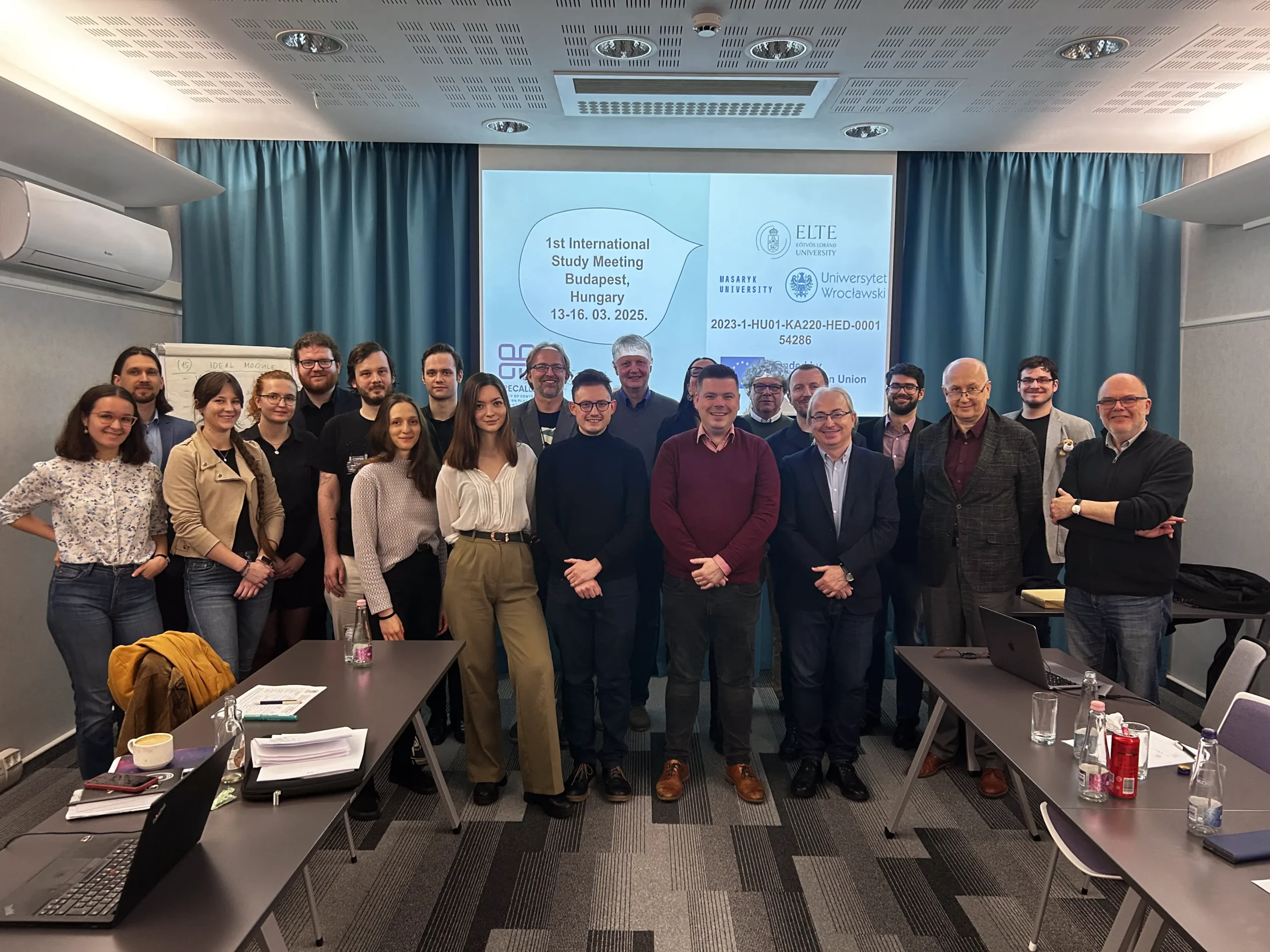Rosika Bédy-Schwimmer – Pioneer of the International Women’s Movement – Szabadka (Subotica)
Fact of the Hungarian figure „Margit Schlacta – The first woman to be elected to the Hungarian Parliament”
Part of the „The emancipation of women” topic
Rózsa Bédy-Schwimmer was a pioneering Hungarian feminist, journalist, and activist who played a key role in both the national and international women’s rights movements. Born in 1877 into a wealthy Jewish family in Budapest, her early experiences working as a governess, accountant, and commercial correspondent exposed her to the harsh realities faced by women in the workforce, leading her to dedicate her life to activism. In 1907, she became the editor of A Nő és a Társadalom (Woman and Society), Hungary’s first feminist journal, where she advocated for women’s suffrage, education, and social reform. Her leadership in the Hungarian Feminist Association, which she co-founded with Vilma Glücklich, was pivotal in advancing the women’s movement in Hungary.
Before World War I, Bédy-Schwimmer moved to London to work as the press secretary for the International Woman Suffrage Alliance, furthering her influence in the global suffrage movement. When war broke out, she relocated to the United States, where she continued to support peace initiatives and worked tirelessly for disarmament. Her pacifism and advocacy for global peace were hallmarks of her activism during this period.
In 1918, as Hungary transitioned to a republic, Mihály Károlyi appointed Bédy-Schwimmer as Hungary’s Ambassador to Switzerland, making her the first female ambassador in history. Although her diplomatic mission was ultimately unsuccessful, the appointment marked a significant milestone for women in politics. However, with the establishment of the Hungarian Soviet Republic, she fled to the United States once more, where she continued her work in feminism and pacifism.
Bédy-Schwimmer’s tireless efforts to advance the status of women, both in Hungary and internationally, cemented her legacy as a key figure in the women’s rights movement. Her work in journalism, activism, and diplomacy continues to inspire feminist movements worldwide. She passed away in New York in 1948, leaving behind a profound legacy in both feminist history and international peace advocacy.





